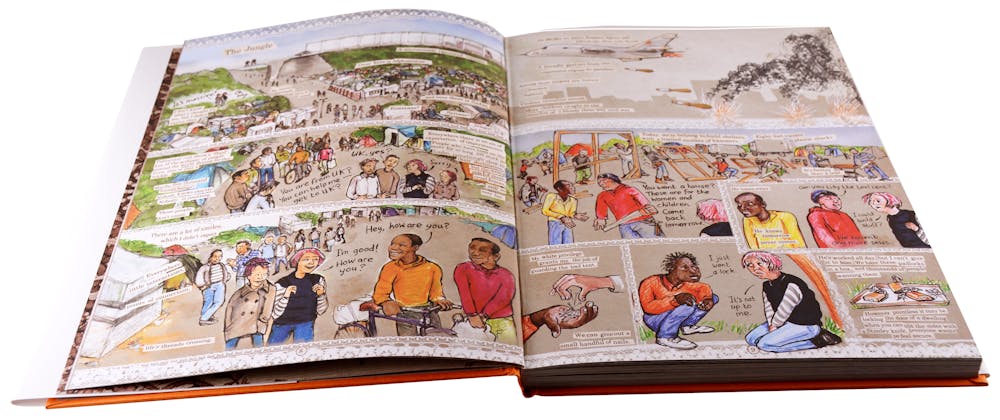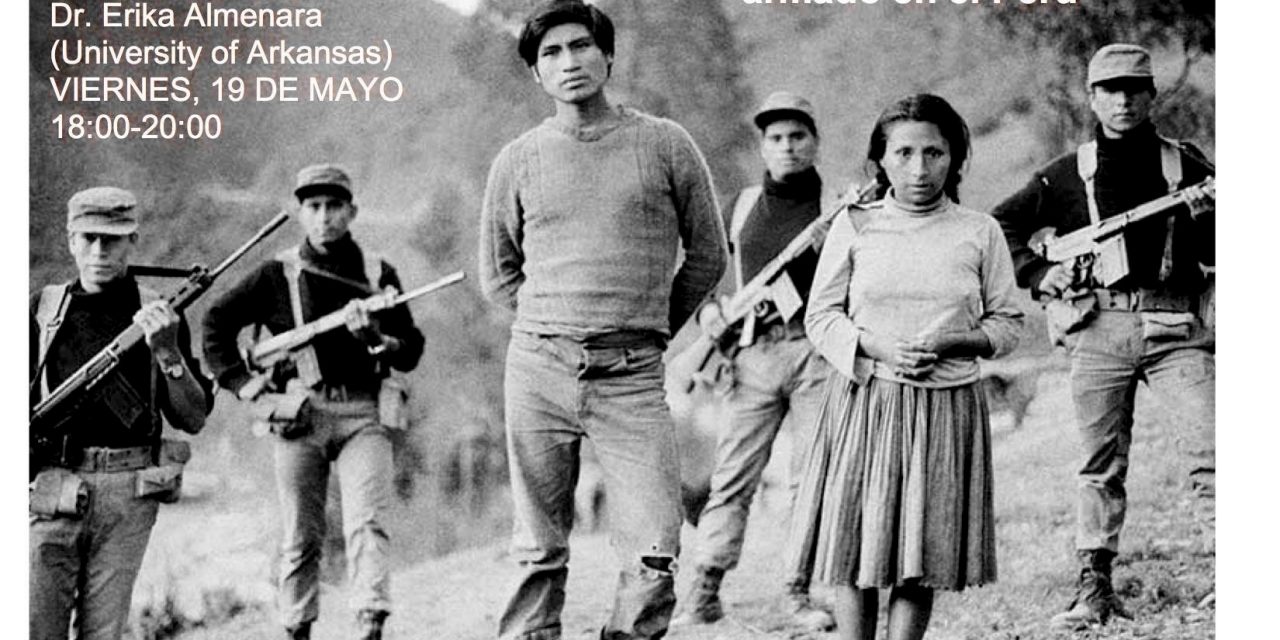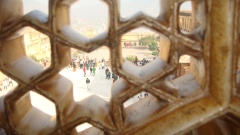What does decades of conflict do to the foods native to a region? This article in Samaa looks at 3 typical Iraqi dishes and the ways in which a prolonged period of conflict in the country has impacted them.

Reading and cooking from conflict zones. One searing story and one simmering dish at a time.
What does decades of conflict do to the foods native to a region? This article in Samaa looks at 3 typical Iraqi dishes and the ways in which a prolonged period of conflict in the country has impacted them.


Women are telling their own stories from one of the worst conflict zones in the world today. From an article in The Conversation:
“From testimonies to short stories, graphic novels to memoirs, female writers, journalists and survivors are currently fronting the literatures of war, conflict and exile. The past two years have seen a surge of books and memoirs authored by women that capture the far-reaching human consequences of the Syrian civil war.”
From a report in the UN News Centre:
Much of Afghanistan’s newfound love of poetic expression – which has taken hold in Kabul and Kandahar as well – is coming from young Afghans seeking new ways to interact and express themselves.
Read the full story here.
My brief essay on Hassan Blasim in Kitaab, a site dedicated to the works of Asian writers.

Iraq hasn’t recovered from the throes of the devastation that invasion brought. It continues to be mired in sectarian conflicts, external attacks and extreme poverty. Who could possibly think of looking a hundred years into its future?
If anyone could, it would be Hassan Blasim.
Read the full essay here.
Photo: Arablit.org

An extensive essay on literature from Bangladesh reflecting the effects of Parition and its enduring presence in the Indian sub-continent. Poet, translator, and essayist Kaiser Haq writes in The Daily Star:
Bangladesh’s Partition literature deserves to be considered alongside similar works from other parts of the subcontinent. But more important than literary criticism is the task of transcending the conflicts that have given rise to the literature. Perhaps the most deleterious outcome of Partition has been the partitioning of the subcontinental mind. We have not only become an extended family of squabbling nations, we have grown to deny our civilisational unity. It is imperative that we make efforts to rediscover our commonality.
 Freny Manecksha’s book Behold, I Shine, moves the spotlight from a masculine narrative of the Kashmir conflict to one that focuses on how women and children live in a militarized zone. She says in a recent interview with Kashmir Observer:
Freny Manecksha’s book Behold, I Shine, moves the spotlight from a masculine narrative of the Kashmir conflict to one that focuses on how women and children live in a militarized zone. She says in a recent interview with Kashmir Observer:
My inability to comprehend Kashmiri also made me more aware about things like gestures and how gestures also needed translation. For example, I met a woman whose husband was coaxing her to speak of how she was once sexually violated by security forces. This had happened 11 years ago, so she was struggling to address the issue. She spoke to me about everything else like daily life, abuse and harassment by security personnel’s but just refused to talk about that particular night. Finally, when everyone left the room, just as I too was leaving, she pulled my hand and slipped her pheran off her shoulder. This was how she showed me what had happened to her.
 Erika Almenara is assistant professor of Latin American Literature and Culture for the World Languages, Literatures and Cultures Department in the J. William Fulbright College of Arts and Sciences. A report on her work on gender identity in post-conflict societies.
Erika Almenara is assistant professor of Latin American Literature and Culture for the World Languages, Literatures and Cultures Department in the J. William Fulbright College of Arts and Sciences. A report on her work on gender identity in post-conflict societies.
Almenara studies the aftermath of human rights abuses in Peru and in Chile, particularly as they affect gender identity. She spent four weeks in Latin America in May and June, conducting research in Lima and Santiago de Chile.
…
“I think that in order to talk about these periods of violence, you cannot tell the stories from only the singular self,” she said. “These languages need to be both individual and common, distinctly individual yet somehow representative of many.
“By acting in a transvestite way, these narratives destroy the notion of the self. That’s a powerful and innovative way to talk about suffering, to talk about memory, to talk about violence.”
More on her work here.
Pakistan’s Khyber Pakhtunkhwa province has been ravaged by war for a decade now. Poets from the region have joined forces to spread the  message of peace. More than 300 books have been written on the subject of “peace” over the last decade.
message of peace. More than 300 books have been written on the subject of “peace” over the last decade.
Read more about the peace poetry movement in Asia Times.
A new genera ration of Palestinian writers is taking their literature beyond the ongoing conflict. As Janan Bsoul reports in Haaretz:
ration of Palestinian writers is taking their literature beyond the ongoing conflict. As Janan Bsoul reports in Haaretz:
In recent years, a generation of young Palestinian writers has begun to write about the Palestinian predicament from their point of view, about “life itself.”
Read the complete article.
“Edite d by Francis Combes and translated by Alan Dent, Poets and the Algerian War (Smokestack, £7.99) features some of the French poets who opposed the war, including Louis Aragon, Jacques Gaucheron, Riffaud, Henri Deluy and Guillevic, as well as Algerian poets like Jean Senac, Kateb Yacine, Bachir Hadj Ali, Noureddine Aba and Mohamed Saleh Baouiya.”
d by Francis Combes and translated by Alan Dent, Poets and the Algerian War (Smokestack, £7.99) features some of the French poets who opposed the war, including Louis Aragon, Jacques Gaucheron, Riffaud, Henri Deluy and Guillevic, as well as Algerian poets like Jean Senac, Kateb Yacine, Bachir Hadj Ali, Noureddine Aba and Mohamed Saleh Baouiya.”
More here.